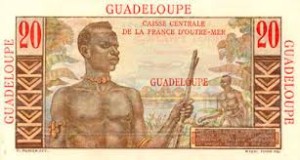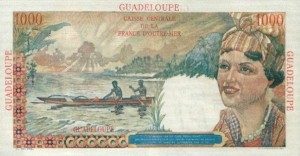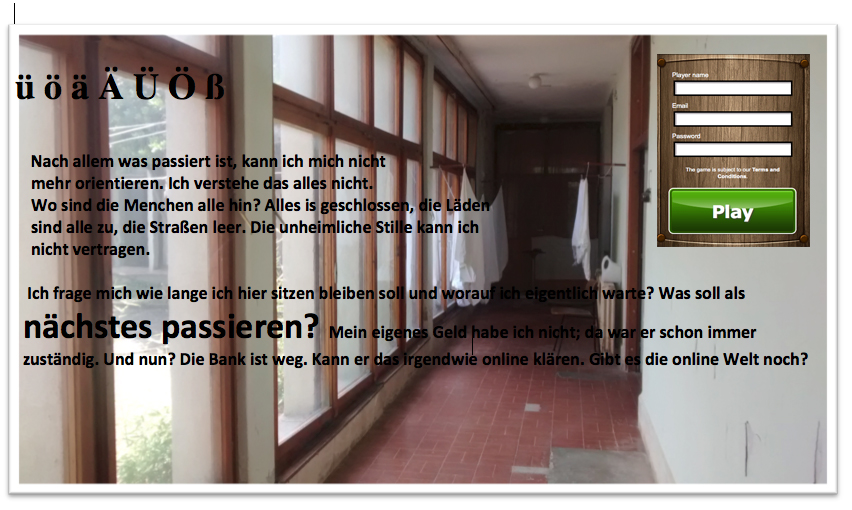Madre
–Nos hemos vuelto a quedar solos y es la hora de cenar. ¿Qué preparamos hoy?
Ambos se encaminaron hacia la cocina, Víctor intentando sacudirse de encima la desagradable sensación con la que lo había dejado su madre y la niña trotando a su lado.
–Yo quiero queso.
–Tú siempre quieres queso.
–Mamá dice que es bueno.
–Mamá… –se mordió la lengua para no cometer el error de decir algo malo de su madre delante de su hermana– Vale.
Le resultaba totalmente incomprensible la repentina actitud completamente indiferente de su madre. Hasta hacía apenas unos meses la había encontrado siempre excesivamente dulce y curiosa. Cuando Víctor pensaba en su madre, la primera imagen que le venía a la mente, la más poderosa, era su cabeza asomándose, jovial, a su puerta cuando ella volvía de trabajar y preguntándole por su día. Su eternamente paciente madre, que le daba consejos, normalmente demasiado indiscretos, acerca de la chica con la que salía. La mujer a la que en más de una ocasión habían chantajeado emocionalmente entre él y su hermana para que saliese con sus amigas a disfrutar, aunque fuese sólo durante un par de horas, mientras ellos aprovechaban para tirarse en el sofá, ver películas y comer palomitas hasta sentirse mareados. Pero, ahora…
Víctor notó la atenta mirada de su hermana clavada en su espalda mientras extraía todos los tipos de quesos que encontró en la nevera y empezó a temer alguna de sus preguntas excesivamente elaboradas a juzgar por el silencio de la niña. Se decidió por el camino fácil y buscó pan también.
–Le has dicho a mamá que ibas a salir hoy. ¿Vas a ver a Ana?
–Sí. ¿Quieres que le diga algo de tu parte? –aunque la niña no había mostrado interés por la chica con la que salía, por alguna razón él siempre intentaba que surgiera algún tipo de amistad entre las mujeres que ocupaban su vida.
–No. No me gusta –no a modo de pregunta, pero la niña, efectivamente, dejó caer la cuestión.
–¿No te gusta Ana?
–No. Es un nombre muy común.
–Bueno, es el que tiene.
–Preferiría que salieras con alguien con un nombre más bonito.
Víctor no pudo evitar reírse. Quizá su hermana creyera que había elegido a la chica por su nombre. Quizá su aspecto. ¿Por qué no? De qué otra forma, pensó, elegían los niños las cosas que les gustaban. Alguna reflexión acerca de ello emergió al fondo de su mente, pero optó por descartarla.
–¿Más bonito? ¿Cómo cuál?
–Azul.






